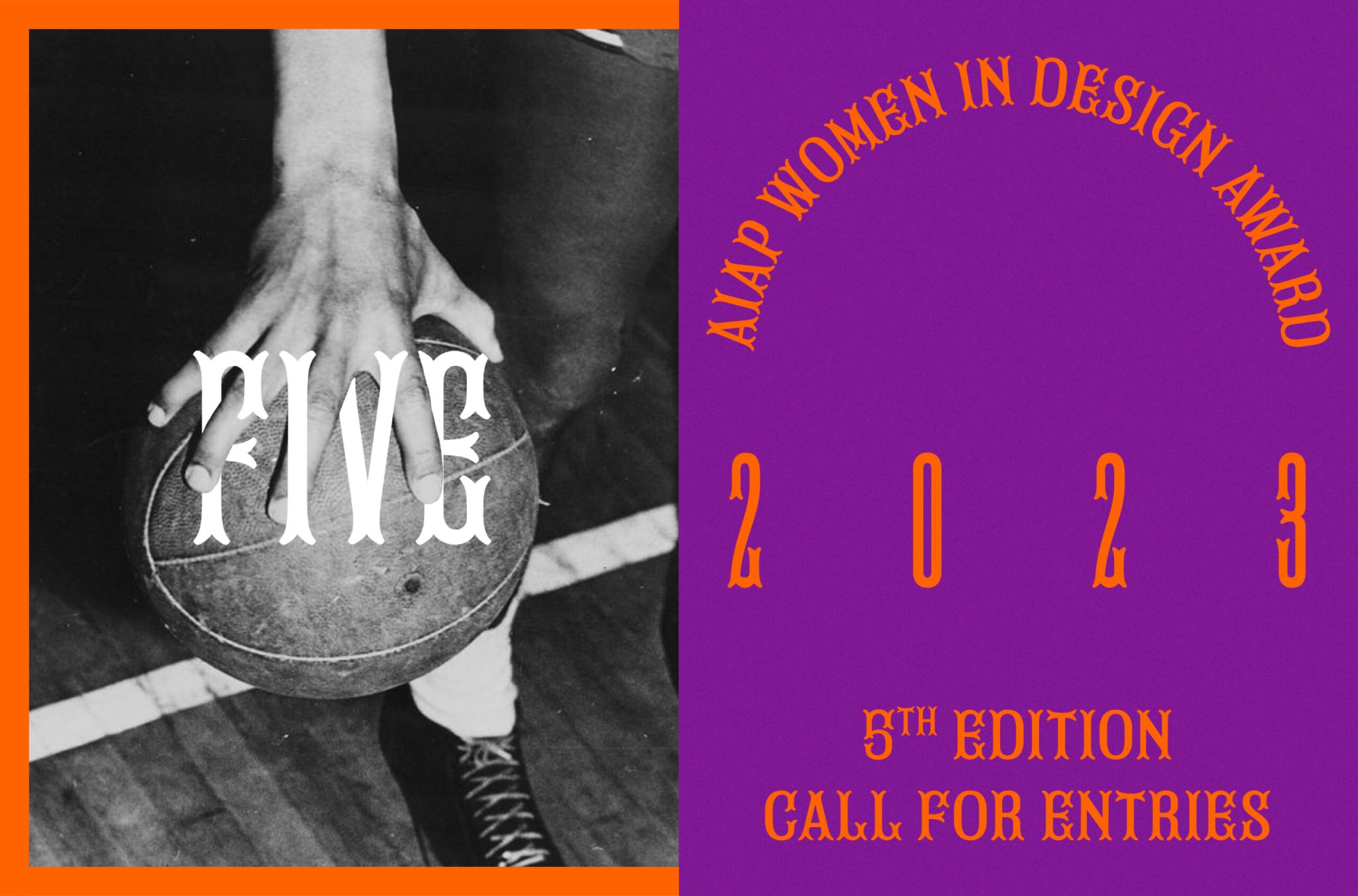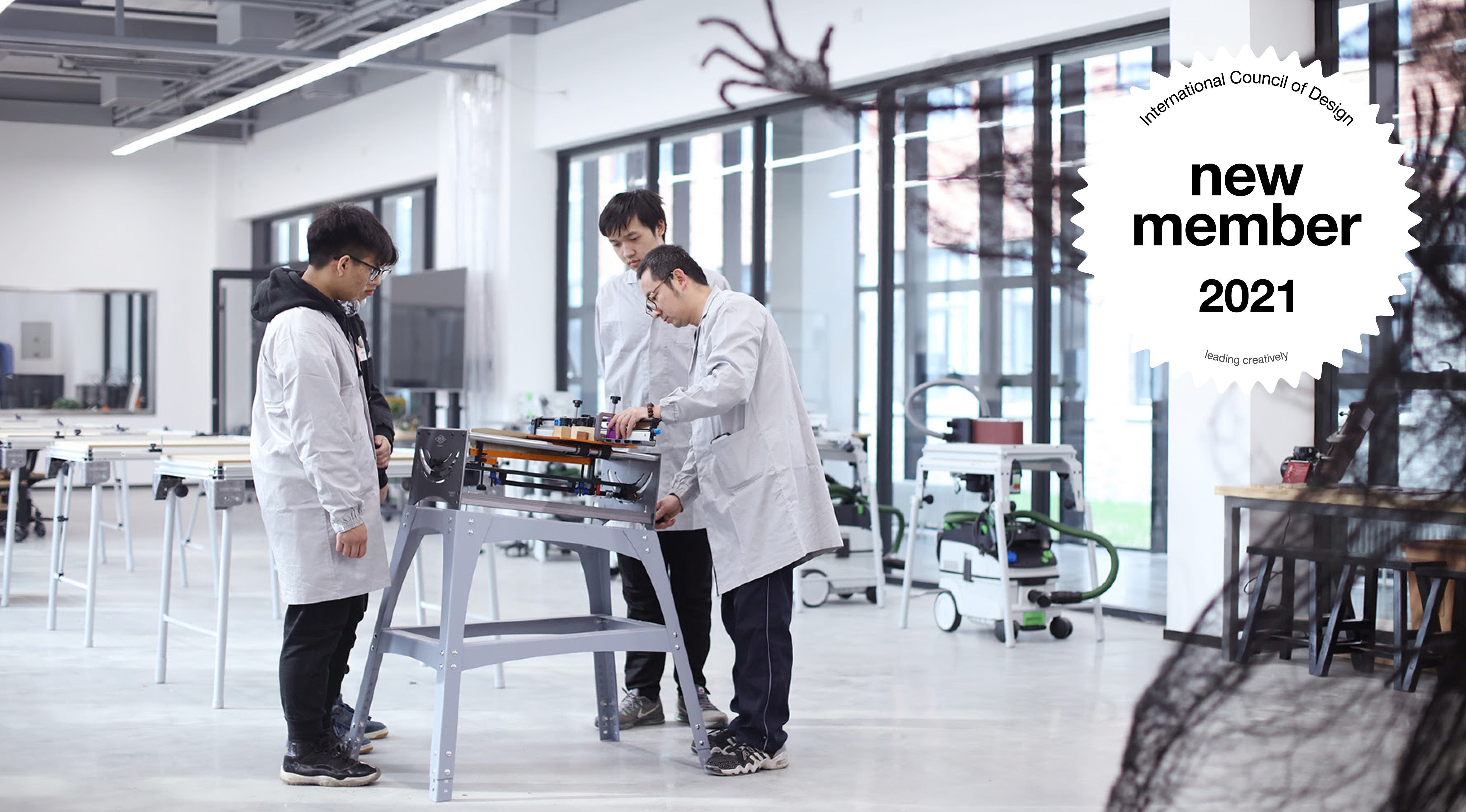FABRICA : LES YEUX OUVERTS

26.09.2006 News
Paris (France) - Established in 1994 on the initiative of Luciano
Benetton and Oliviero Toscani, Fabrica is a communications research
centre whose range of activities extends from graphic design to cinema,
taking in industrial design, writing, interactive media, photography
and music on the way. Housed in a strikingly simple and rigorous
building by Tadao Ando, in Treviso, Italy, it is a unique institution,
led by an international team, that encourages the creative development
of selected young professionals from all over the world, who are
granted a one-year scholarship to work on the projects they submit.
Responsible for many media campaigns for major organisations (Reporters
Sans Fronti res, World Health Organisation) this private-sector
research centre encourages cultural cross-fertilisation and a global
consciousness in all its fields of activity.
Conceived by the Centre Pompidou, this exhibition presents a number of the projects developed at Treviso. Accompanied by a film programme and a series of musical performances, the exhibition offers an opportunity to discover the scope of Fabrica's work, which is redefining the frontiers between art and communications.
Divided into four zones, the exhibition Fabrica:les yeux ouverts will reveal to the public the work of a multidisciplinary research centre whose horizons extend to the whole world.
The first of these zones is devoted to the centre's core interest: visual communication. Graphics, photography and video are all drafted into the service of Fabrica's partners, amongst which are many public institutions and such non-governmental organisations as SOS Racisme and Reporters Sans Fronti res, as well as a number of United Nations agencies. This section thus presents two global media campaigns: Violence (2004), for the World Health Organisation, and Food for Life for the World Food Programme.
The second zone investigates the global vision that characterises Fabrica's activities, with photo-reportages from all over the world, each on a different theme grouped together under the title I See. This section also presents a project with Reporters Sans Fronti res, Colors Notebook, which offers a chance to speak out to those who generally have none, bringing together in writing accounts of themselves by people who live in the remotest corners of the planet, or in places where freedom of expression is under threat.
The third zone presents experimental interactive projects developed by the Fabrica teams that engage both the mind and the senses. To gain access to the exhibition, visitors must descend a stairway, each step triggering a note played on the marimba of Southern Africa. Tuned Stairways thus offers everyone a chance to make their own music. Dialogs is a light and sound installation. It too calls for spectator participation: plunged in darkness, the visitor can only make out what is going on by moving about to find the right view point. Similarly, the installation We are the Time, We are the Famous also plays on the viewer's mobility as it projects his or her image, still or in motion as the case might be. Conceived as an interactive research tool, the Stock Exchange of Visions offers an opportunity to reflect on the future, while 10 x 10 reveals the way in which different media across the world treat the same information, using images taken from the Net. Finally, a short film, Evidence, explores children's relationship to television.
The fourth and last zone takes a look at Fabrica itself, with a virtual tour of the buildings and a series of video self-portraits by those involved. The exhibition thus offers an opportunity to discover the wide range of projects undertaken by a research centre dedicated to the development of new styles, new languages, new ideas and new materials for the communications of the future.
In parallel with the exhibition, the Centre Pompidou will present a programme of films focusing on Fabrica's activities in this field. Since its creation in 1998, Fabrica Cinema has encouraged independent film-making, more especially in Africa, the Middle East, Asia and Latin America. Supporting local initiatives, the department has helped to produce and distribute numerous films, among them Blackboards, by the Iranian Samira Makhmalbaf, No Man s Land by the Bosnian director Danis Tanovic, and Tropical Malady by Thai film-maker Apichatpong Weerasethakul, all of which have won awards at international festivals. A programme of films made, produced or distributed by Fabrica will be shown in the Centre's cinemas, selected by Marco M ller, director of Venice Film Festival, who on October 13 will also chair a panel discussion between some of the film-makers. There will also be a series of concerts and musical performances, notably the first European preview of Andrea Molino's Winners, a new multimedia opera co-produced by Fabrica and the Brisbane Festival, with the Australian percussion group TaikOz and the Dresden Symphony Orchestra.
Opening Hours
The exhibition is open from 7 October > 6 November 2006
everyday except Tuesdays
from 11am to 9pm
Admission
Free entrance
For further information please contact:
Centre Pompidou
75191 Paris cedex 04
T: 00 33 (0)1 44 78 12 33
W: www.centrepompidou.fr
Conceived by the Centre Pompidou, this exhibition presents a number of the projects developed at Treviso. Accompanied by a film programme and a series of musical performances, the exhibition offers an opportunity to discover the scope of Fabrica's work, which is redefining the frontiers between art and communications.
Divided into four zones, the exhibition Fabrica:les yeux ouverts will reveal to the public the work of a multidisciplinary research centre whose horizons extend to the whole world.
The first of these zones is devoted to the centre's core interest: visual communication. Graphics, photography and video are all drafted into the service of Fabrica's partners, amongst which are many public institutions and such non-governmental organisations as SOS Racisme and Reporters Sans Fronti res, as well as a number of United Nations agencies. This section thus presents two global media campaigns: Violence (2004), for the World Health Organisation, and Food for Life for the World Food Programme.
The second zone investigates the global vision that characterises Fabrica's activities, with photo-reportages from all over the world, each on a different theme grouped together under the title I See. This section also presents a project with Reporters Sans Fronti res, Colors Notebook, which offers a chance to speak out to those who generally have none, bringing together in writing accounts of themselves by people who live in the remotest corners of the planet, or in places where freedom of expression is under threat.
The third zone presents experimental interactive projects developed by the Fabrica teams that engage both the mind and the senses. To gain access to the exhibition, visitors must descend a stairway, each step triggering a note played on the marimba of Southern Africa. Tuned Stairways thus offers everyone a chance to make their own music. Dialogs is a light and sound installation. It too calls for spectator participation: plunged in darkness, the visitor can only make out what is going on by moving about to find the right view point. Similarly, the installation We are the Time, We are the Famous also plays on the viewer's mobility as it projects his or her image, still or in motion as the case might be. Conceived as an interactive research tool, the Stock Exchange of Visions offers an opportunity to reflect on the future, while 10 x 10 reveals the way in which different media across the world treat the same information, using images taken from the Net. Finally, a short film, Evidence, explores children's relationship to television.
The fourth and last zone takes a look at Fabrica itself, with a virtual tour of the buildings and a series of video self-portraits by those involved. The exhibition thus offers an opportunity to discover the wide range of projects undertaken by a research centre dedicated to the development of new styles, new languages, new ideas and new materials for the communications of the future.
In parallel with the exhibition, the Centre Pompidou will present a programme of films focusing on Fabrica's activities in this field. Since its creation in 1998, Fabrica Cinema has encouraged independent film-making, more especially in Africa, the Middle East, Asia and Latin America. Supporting local initiatives, the department has helped to produce and distribute numerous films, among them Blackboards, by the Iranian Samira Makhmalbaf, No Man s Land by the Bosnian director Danis Tanovic, and Tropical Malady by Thai film-maker Apichatpong Weerasethakul, all of which have won awards at international festivals. A programme of films made, produced or distributed by Fabrica will be shown in the Centre's cinemas, selected by Marco M ller, director of Venice Film Festival, who on October 13 will also chair a panel discussion between some of the film-makers. There will also be a series of concerts and musical performances, notably the first European preview of Andrea Molino's Winners, a new multimedia opera co-produced by Fabrica and the Brisbane Festival, with the Australian percussion group TaikOz and the Dresden Symphony Orchestra.
Opening Hours
The exhibition is open from 7 October > 6 November 2006
everyday except Tuesdays
from 11am to 9pm
Admission
Free entrance
For further information please contact:
Centre Pompidou
75191 Paris cedex 04
T: 00 33 (0)1 44 78 12 33
W: www.centrepompidou.fr

relatedarticles
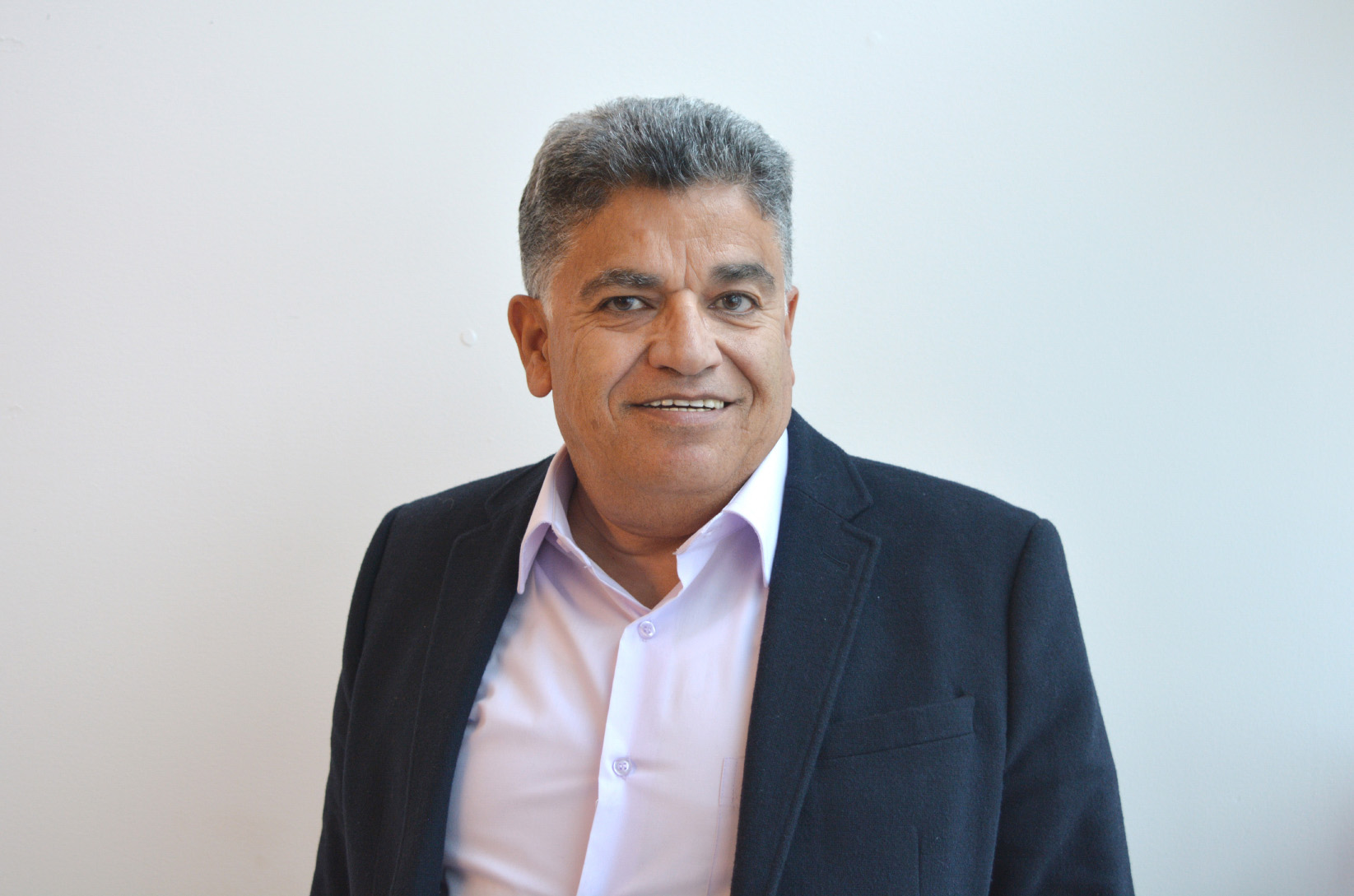
04.05.2021 News
in memoriam: essam abu awad (1958-2021)
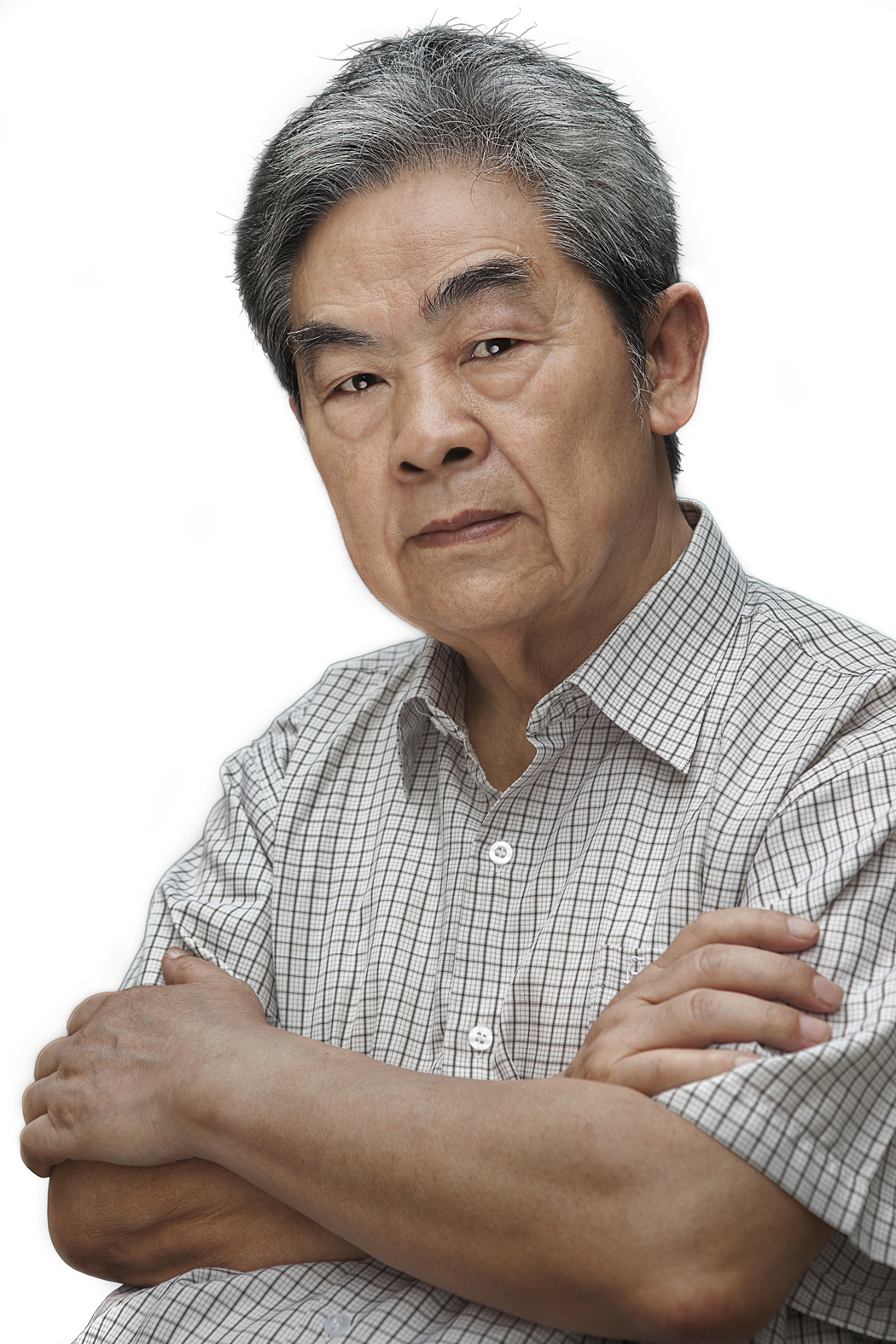
10.16.2020 News
in memoriam: yu bingnan (1933–2020)
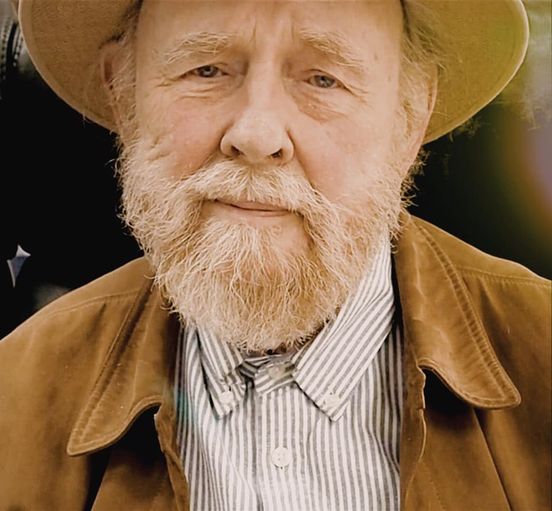
10.02.2020 News
